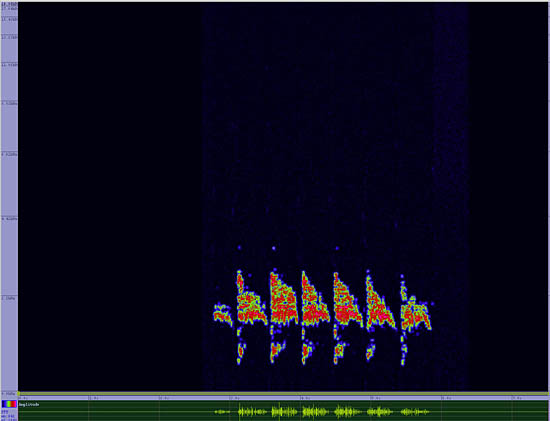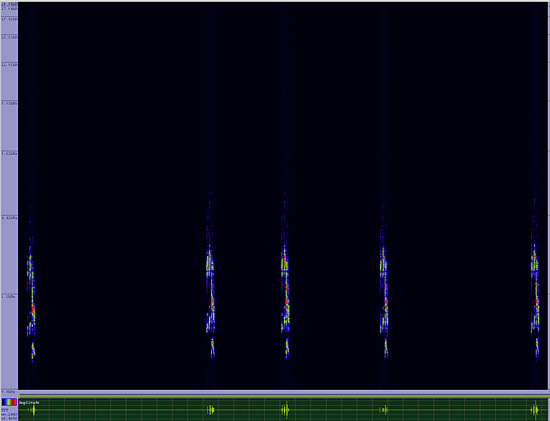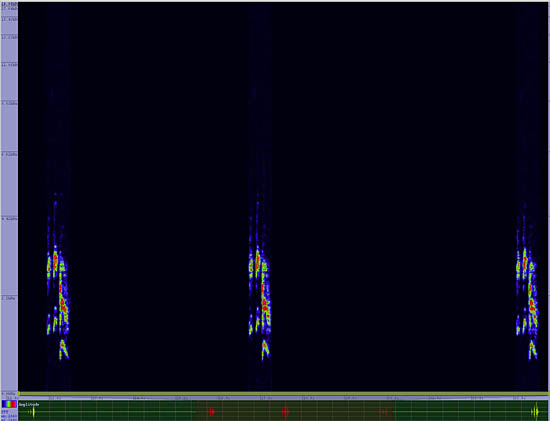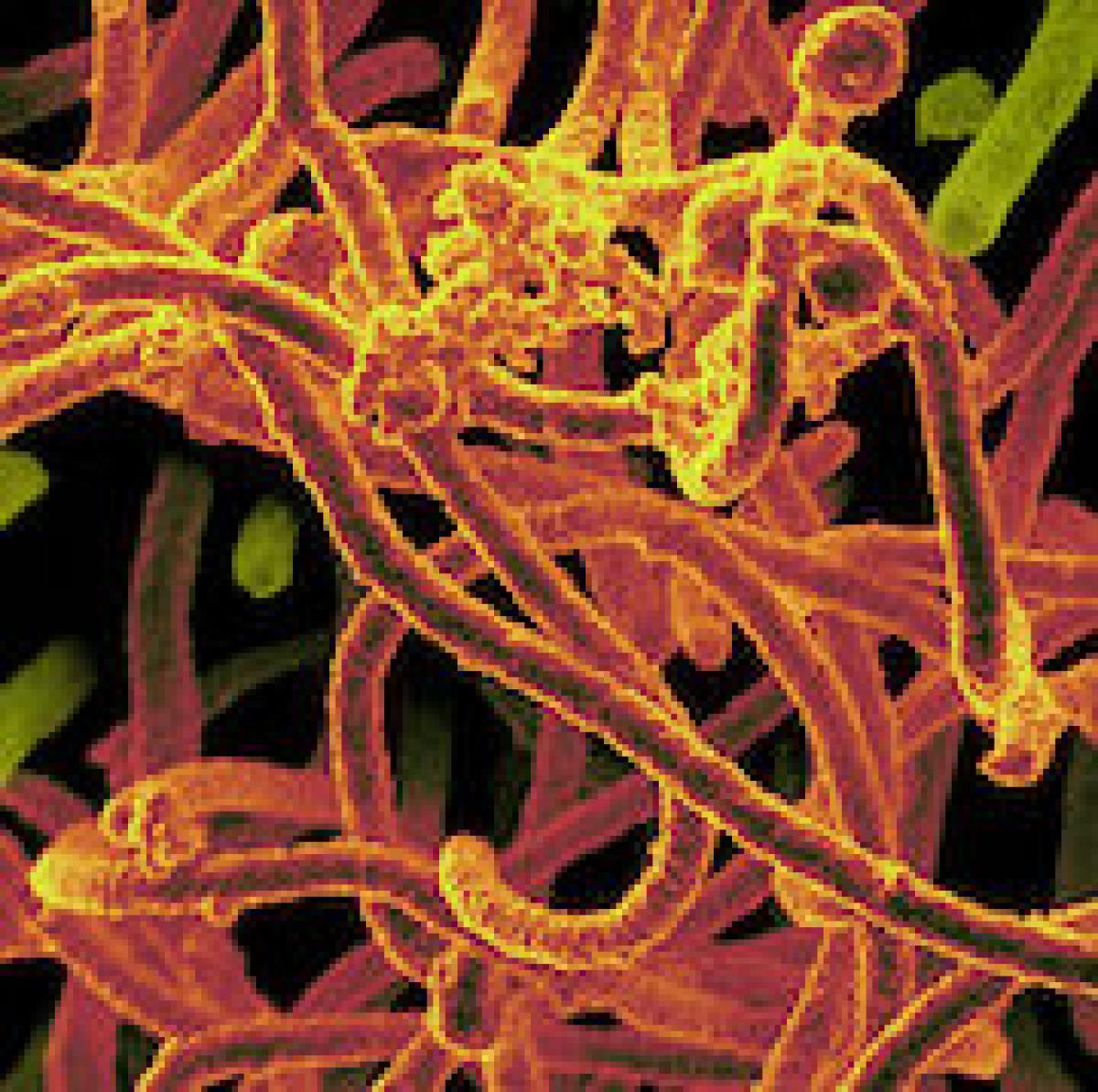Black Rail
Laterallus jamaicensis

Chicken Like Marsh Bird
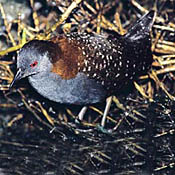
Length: 6 in. (15 cm )
This small and secretive rail is difficult to see in its habitat of freshwater and brackish marshes and wet savanna grasslands. It is best found when it sings, often only at night and early dawn at the beginning of the breeding season. In Arizona it is easiest to see running along beaver dams across grass and marsh-lined rivers along the lower Colorado River and its tributaries. The nest is a deep cup woven from grass and sedges and with a shade canopy in dense marsh grass. They feed mainly on insects and small aquatic or marine crustaceans as well as an occasional seed.
The four-digit banding code is BLRA.
Bibliographic details:
- Article: Black Rail
- Author(s): Dr. Biology
- Publisher: Arizona State University School of Life Sciences Ask A Biologist
- Site name: ASU - Ask A Biologist
- Date published: 13 Jul, 2017
- Date accessed:
- Link: https://askabiologist.asu.edu/activities/bird/black-rail
APA Style
Dr. Biology. (Thu, 07/13/2017 - 15:36). Black Rail. ASU - Ask A Biologist. Retrieved from https://askabiologist.asu.edu/activities/bird/black-rail
Chicago Manual of Style
Dr. Biology. "Black Rail". ASU - Ask A Biologist. 13 Jul 2017. https://askabiologist.asu.edu/activities/bird/black-rail
Dr. Biology. "Black Rail". ASU - Ask A Biologist. 13 Jul 2017. ASU - Ask A Biologist, Web. https://askabiologist.asu.edu/activities/bird/black-rail
MLA 2017 Style
Be Part of
Ask A Biologist
By volunteering, or simply sending us feedback on the site. Scientists, teachers, writers, illustrators, and translators are all important to the program. If you are interested in helping with the website we have a Volunteers page to get the process started.



